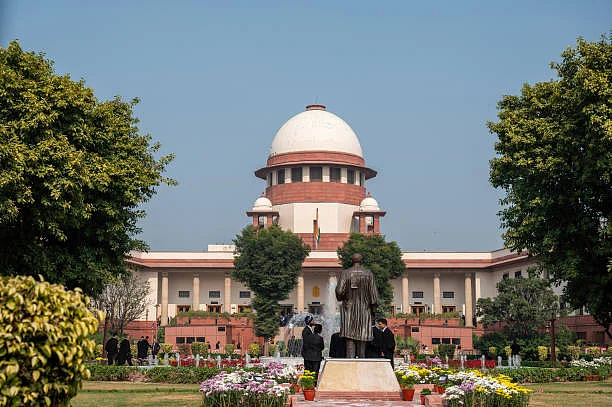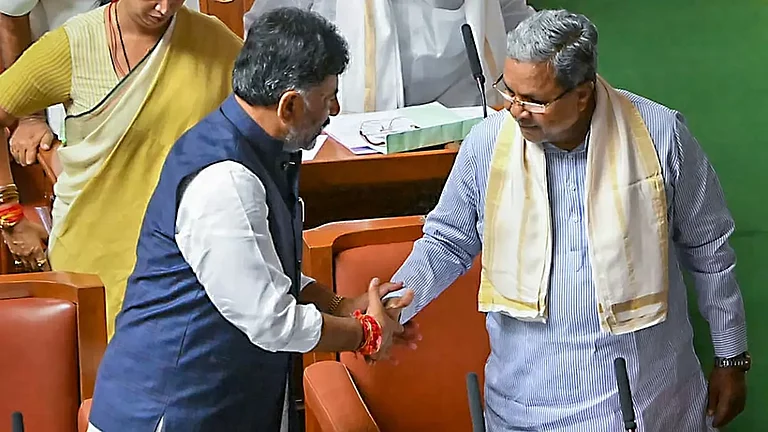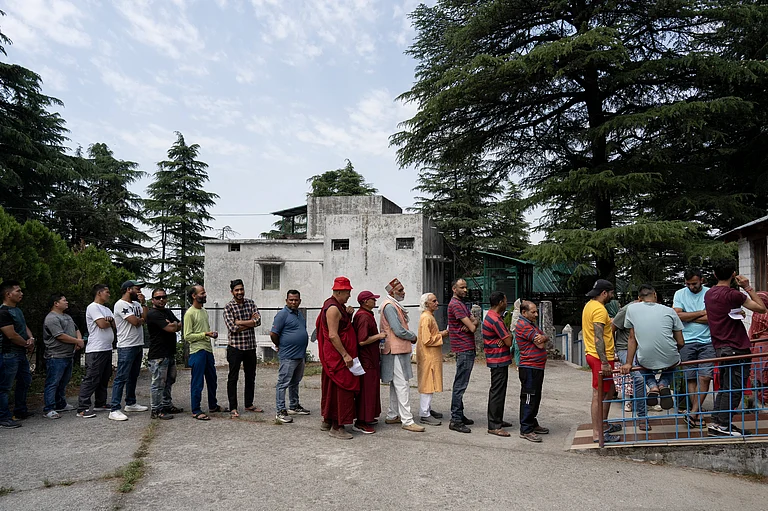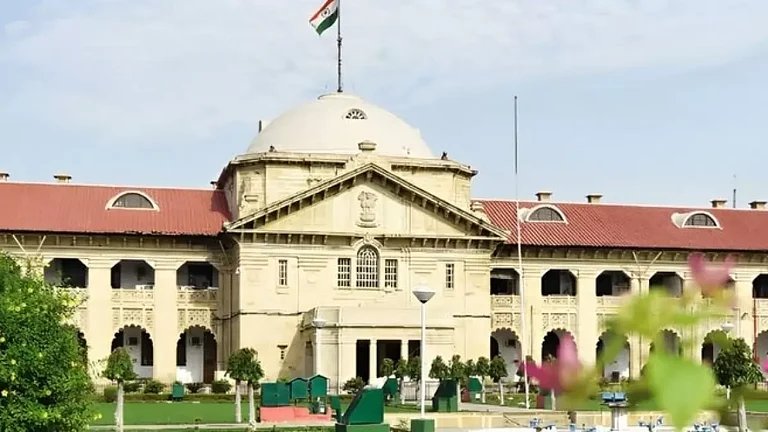
The Supreme Court sought the reply of multiple states pertaining to pleas seeking a stay on their respective anti-conversion laws.
During the hearing on challenges to anti-conversion laws, the bench allowed senior advocate C.U. Singh to revise the petition.
Singh underscored the urgency of the issue, warning that in cases of interfaith marriages, securing bail could become nearly impossible under these laws.
The Supreme Court on Tuesday sought the reply of multiple states pertaining to pleas seeking a stay on their respective anti-conversion laws. A bench of Chief Justice B R Gavai and Justice K Vinod Chandran said that they would consider staying the operation of such laws once they receive the replies, PTI reported.
During the hearing on challenges to anti-conversion laws, the bench allowed senior advocate C.U. Singh, representing one of the petitioners, to revise the petition in light of recent, more stringent amendments introduced by states like Uttar Pradesh.
The Supreme Court was examining a series of petitions questioning the constitutional validity of anti-conversion laws passed by multiple states, including Uttar Pradesh, Madhya Pradesh, Himachal Pradesh, Uttarakhand, Chhattisgarh, Gujarat, Haryana, Jharkhand, and Karnataka.
The bench heard submissions from senior advocates and other counsel, focusing on concerns over religious conversions, particularly those alleged to occur through marriage or other means.
Singh underscored the urgency of the issue, warning that in cases of interfaith marriages, securing bail could become nearly impossible under these laws.
He pointed out that several states had already enacted similar legislation, with Rajasthan being the latest to do so.
Singh also raised concerns over the Uttar Pradesh amendments, which permit third parties to file complaints. This, he argued, has resulted in significant harassment, especially targeting interfaith couples and religious gatherings, where mob interference has reportedly become more common.
Senior Advocate Indira Jaisingh had sought for the law passed by Madhya Pradesh to be continued. Advocate Vrinds Grover had filed similar interventions against such laws in Uttar Pradesh and Haryana.
Additional Solicitor General K M Natraj opposed the plea for interim relief on behalf of some states and said, “After three-four years, suddenly they file for stay. We will file our replies.” The bench also ordered de-tagging of a separate plea filed by lawyer Ashwini Upadhyay, who sought a ban on deceitful religious conversions.
With PTI inputs



























